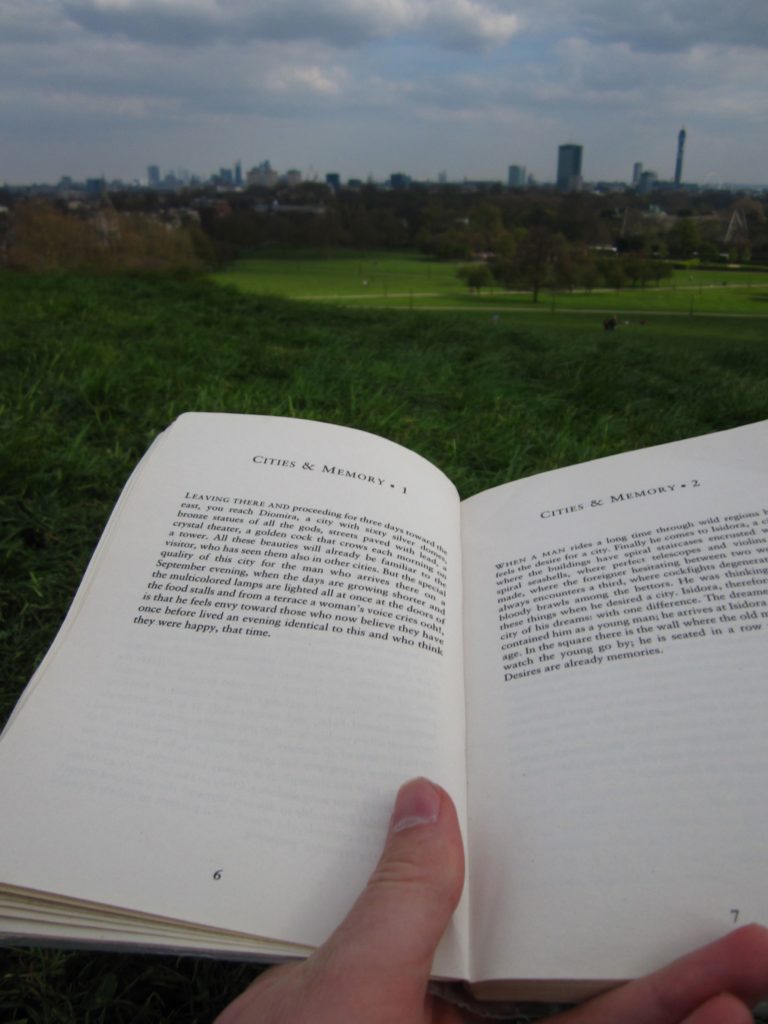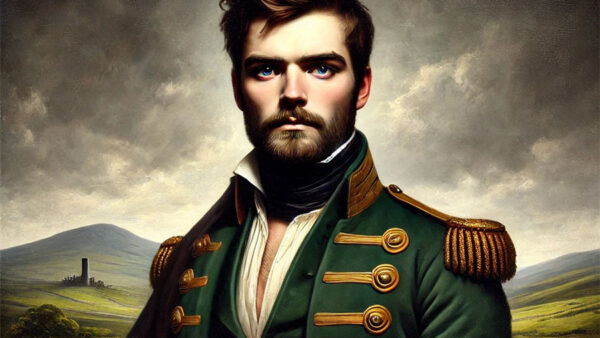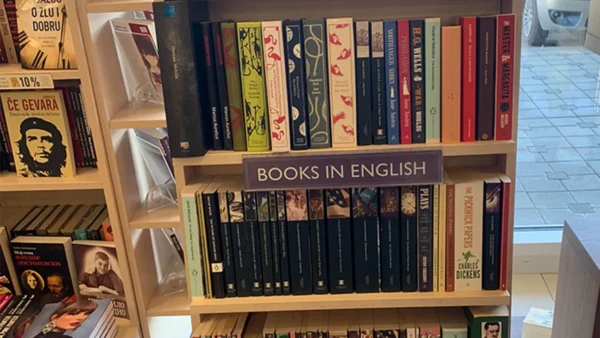 Yes, I’m back! Fresh from my guest posting debut yesterday on The Undercover Soundtrack, I’m over at Read.Learn.Write today, talking about Why Reading and Writing are Inseparable.
Yes, I’m back! Fresh from my guest posting debut yesterday on The Undercover Soundtrack, I’m over at Read.Learn.Write today, talking about Why Reading and Writing are Inseparable.
In the post, I talk about how I used to read widely but passively, just consuming books rather than truly engaging with them. And then I started this blog, and my reading habits changed. The act of writing the review made me think about what I’d read in new ways. And gradually, the expectation of writing a review made me read more thoughtfully and make notes, so that even if I never got around to writing the review, I’d still got the benefit of reading more carefully. Basically it extols the benefits of book blogging, and shows how the process also improved my own fiction writing.
To see what I’m talking about in the post, click here to see all the books I’ve reviewed on this blog.
So please head over to Read.Learn.Write and let me know what you think in the comments there. Even if my post doesn’t interest you, I’d recommend the site anyway – the host, Brandon Monk, has built a great site exploring the links between reading, learning and writing. I think it’s a greatly neglected area – you sometimes hear of writers who don’t read much because they don’t have time, or because they don’t want their style to be “influenced” by others. As if reading is some kind of pollution, and their style is so pure and perfect. Ah, don’t get me started…
(By the way, for those who are interested, the photo is of me on Primrose Hill in north London, reading Invisible Cities by Italo Calvino. Wow, that was a happy afternoon!)



There are 11 comments
I was going to share this on the other site and then I reread your post and realized that it was in response to the last paragraph in this post instead.
Yesterday NPR’s Talk of the Nation had a discussion about reading and how that leads to imitation and bad writing. In fact the discussion started with mentions of books to be avoided. By the end though the Author who started the conversation softened his position in response to callers and concluded that writing should never seek to imitate but rather to be in conversation with the novels that inspire writers. When studying literature academically you find that great authors and poets are in fact in conversation with the work that has come before them. The idea of being in conversation with authors might be just as or even more intimidating than trying to imitate an author. Still I think the concept sounds like a more positive and constructive approach than imitation. I think I’m going to start writing about reading and get that conversation started!!
Hi Charles, thanks for sharing – that sounds like a really interesting programme on NPR. I like the idea of a conversation. I remember an image from a book I read a long time ago, by EM Forster on “Aspects of the Novel”. He liked to think of writers from all ages and places all sitting in the same room, writing simultaneously. That really struck a chord with me, and I think it ties in to what you’re saying here. I like to read lots of books by writers living and dead, and be influenced by them and write partly in reaction to them but partly from my own life and ideas too. So for me it’s definitely a conversation.
Your resolution sounds good! Do you plan to start writing publicly on the internet, or privately in your own journal etc? If it’s online, please let me know where so that I can check it out, and maybe participate in the conversation too!
I’m going to start by diving into a book and keeping notes in a journal. I’ll see how it goes and if I can form it into something worth sharing than I will post it and let you know.
Sounds like a good plan, Charles! I’m the same – I like to start a new project with no expectations or pressure for an end result. See where it ends up, and yes, do let me know if it ends up online in some form!
I enjoyed reading the piece. Your are so honest to yourself.
Hi Geosi, Thanks! I try to be honest, although it doesn’t come naturally to me – I prefer to make up fictional stories. So don’t trust me too much 😉
Great post. I could identify with it right away. In my own life, I have two very distinct periods, one where I read without awareness and second – that is at present – where I am careful about what I read and try to reflect on it. That way I have concrete reasons for liking or not liking a book. Coincidentally, I just finished reading An Artist of the Floating World by Ishiguro and I know exactly what you mean. His prose is so unique, it would be a crime to read it hastily.
ps : The fact that the book in the picture is by Calvino suddenly gives the picture a different dimension.
Hi Raj
Thanks for visiting! It’s great to hear that you’ve had the same experience. Reflection is important, and is a great choice for a blog name 🙂 An Artist of the Floating World is a beautiful book, and it would be terrible to rush it. Ishiguro is one of my favourites. Have you read others by him? I can recommend A Pale View of Hills if you want something similar to that one, or The Unconsoled if you want something completely different!
Hi Andrew!
Yes, Ishiguro has been my favorite. Before ‘Artist of the Floating World’, I read ‘When we were Orphans’ and with that book I had a curious experience. It was mesmerizing till about page 200-210, and then the plot suddenly took a nosedive (at least in my opinion.) He tried to do a mystery and it became more and more Kafkaesque towards the end.
‘Pale View’ is on my list as well, and of course I am dying to read ‘Remains of the Day’. 🙂
Yes, When We Were Orphans is not my favourite. I also wasn’t that taken with his recent short story collection Nocturnes, but everything else I’m a big fan of. Hope you get to those two soon, Raj, and will look forward to reading your reviews!